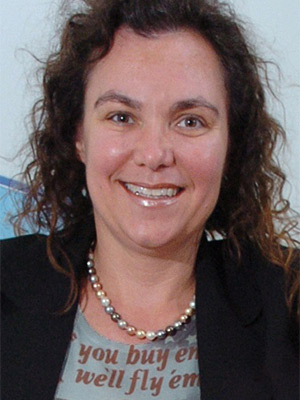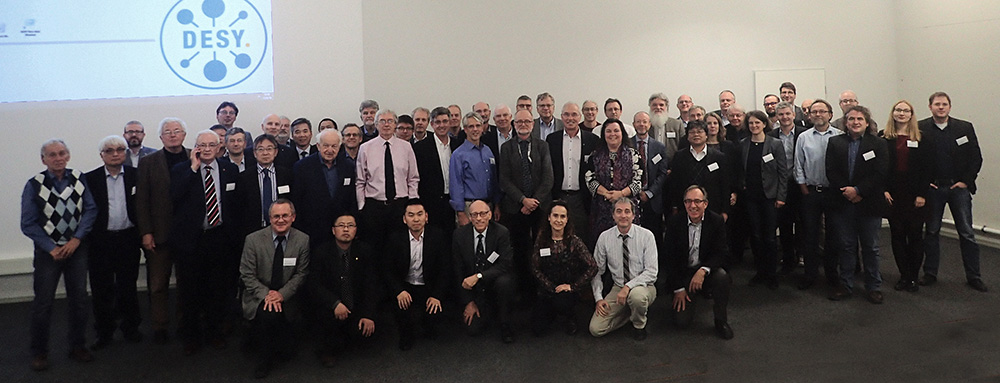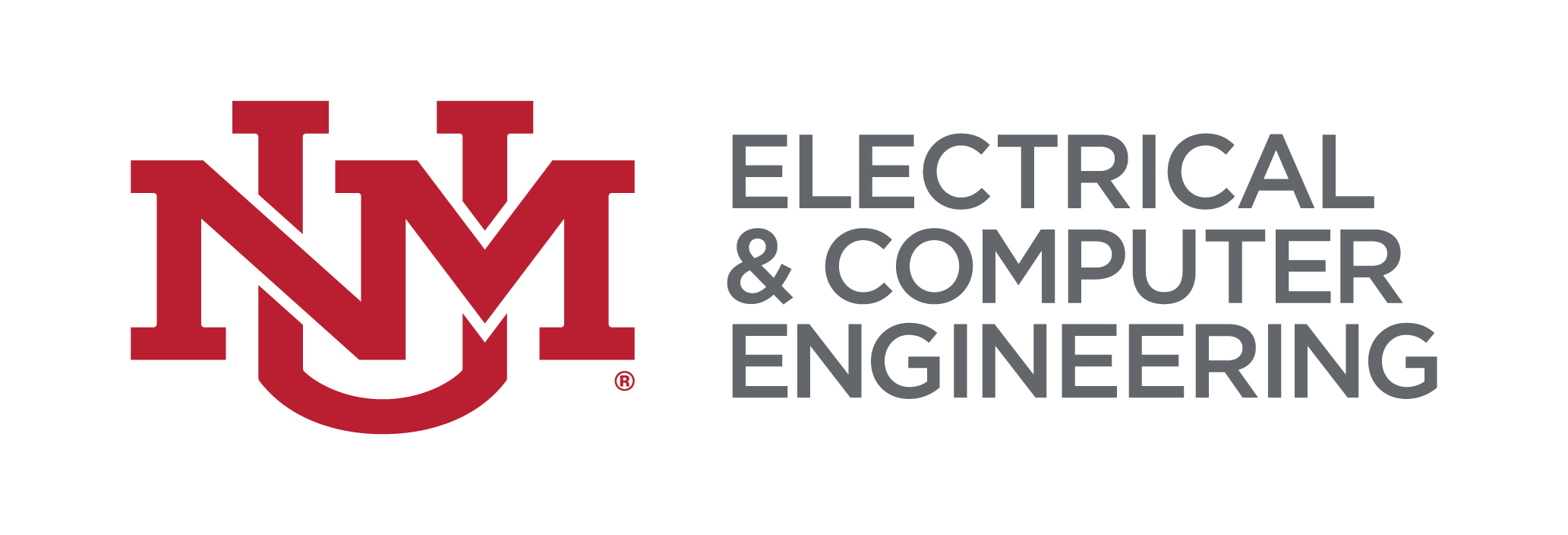Recent News
December 5 Seminar: Sal Portillo
December 3, 2025
November 21 Seminar: Jim Aarestad
November 19, 2025
November 14 seminar: Manel Martínez-Ramón
November 12, 2025
November 7 seminar: Bradley Ratliff
November 5, 2025
News Archives
Biedron Addresses Invite-Only Meeting in Hamburg
November 27, 2019

ECE Research Prof Sandra Biedron gave a keynote address at an International Expert Meeting held in Hamburg, Germany Nov 4-5, 2019. The conference was organized by European XFEL and DESY.
European XFEL is a leading x-ray free-electron laser center with 12 partner nation members and DESY is a multidisciplinary laboratory operated by the Helmholtz Association of German Research Centres.
Biedron's talk, “How to do Collaborative, International Accelerator-Based* Science While Still Protecting One's Self (*Insert any user facility genre here)" was delivered at a meeting dedicated to the "— Use of Free-Electron Lasers and beyond: Scientific, technological and legal aspects of dual use in international scientific cooperation.
"It was an invite-only top-expert meeting that was NOT open to the public," said Biedron in a recent interview.
Attendees included the deputy lab director of Los Alamos National Laboratories, the director of Jefferson Lab, the former director of Argonne National Laboratory and the deputy chancellor of Shanghai University among others....a regular Who's Who of delegates who were meeting under "Chatham House Rules" (no recording, no stating who said what, no photos).
"We wanted absolute transparency between the delegates from the many nations," said Biedron.
Invited delegates from around the globe represented international laboratories, governments, industry, and academia. The focus pertained to technologies and research at particle-accelerator-based x-ray free-electron laser and related facilities, but the ideas could can be applied to many additional user facilities for science and technology around the globe. The overall goal of the meeting was to find ways to safeguard open international collaboration in "Free Electron Laser" science and technology. The charters of many international user facilities dictated that the research performed was solely for peaceful purposes.
Biedron’s technical expertise includes particle accelerators, laser systems, data science, controls, and sensors and detectors. She is an author of many reports for the Department of Energy, NATO, the Department of Defense, and the National Academies. In 2018, she received the IEEE Nuclear and Plasma Sciences Society’s Particle Accelerator Science and Technology award. She is a Fellow of the American Physical Society and a Fellow of the SPIE. In 2010, she was presented a Letter of Commendation by the Chief of Naval Research for her technical efforts as well as her efforts in bridging research between academia, national laboratories, and industry as well as for her efforts in building international partnerships.
"I was honored to attend this meeting where my expertise in the numerous free-electron laser technologies, my knowledge of the applications of free-electron lasers, and my expertise in international cooperation, dual-use, and the operation of international laboratories could all be applied," said Biedron.
In the post-1938 era, particle accelerator science and engineering has influenced almost 1/3 of physicists and physics studies and on average contributed to physics Nobel Prize-winning research every 2.9 years. Particle accelerators have led to discoveries also recognized with a prize from other Nobel Prize committees. Finally, since 1964, 40 Nobel Prizes have relied on lasers. Needless to say, protecting the ability to perform civilian science at international user facilities without dual-use concerns is important.
Biedron’s policy and security work is well-recognized. She has served on IEEE USA’s R&D policy committee to help co-write policy statements on subjects ranging from federal science funding to immigration policies to the role of the national laboratories to innovation. Her experience in dual-use concerns began building in the mid 1990s as she has served many times as a panel member to the Civilian Research and Development Foundation for the Former Soviet States, which has now expanded their role beyond the FSS.
"Solving hard scientific and technological problems is easier in a diverse atmosphere, such as with other nations with different expertise or international research infrastructures. We need global commitment to preserving any and all such infrastructures for civilian use. Further, working together creates and maintains global understanding and promotes cooperation," said Biedron.
A summary report of this important international meeting held in Germany is expected in early 2020.
Chatham House Rules notwithstanding, Biedron did manage to walk away from the meeting with a group shop of the attendees which she is pleased to share with you now:

